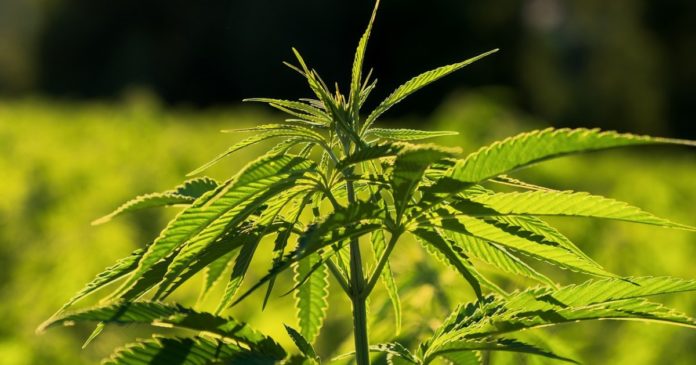Researchers at Northern Michigan University (NMU) are delving into a novel solution to the long-standing problem of soil contamination with PFAS: hemp.
PFAS (Per- and polyfluoroalkyl substances) were put into wide use in the 1940s, taking advantage of their non-stick, greaseproof and flame retardant properties. But the sting in the tail is they are notoriously persistent – leading to the term “forever” chemicals. These chemicals can accumulate over time in humans, animals, and the environment, and some are toxic. Cleanup of aquatic and soil environments contaminated by PFAS is difficult and costly.
But NMU Chemistry Professor Lesley Putman and his team are optimistic about the power of hemp to offer a cost-effective and sustainable alternative to existing PFAS pollution remediation methods.
Initially experimenting with the non-toxic PFAS compound, perfluorobutanoic acid (PFBA) the NMU team observed that when grown hydroponically, hemp successfully absorbed PFBA from the water into its leaves, stems, and flowers without any adverse effects on its growth. Similar results were obtained in a greenhouse setup.
The researchers then moved on to test the two main toxic PFAS chemicals: PFOS (Perfluorooctanesulfonic acid) and PFOA (Perfluorooctanoic acid). The larger, less water-soluble molecules of these substances were sequestered mainly in the hemp roots. While this didn’t quite match the complete absorption seen with PFBA, the fact that hemp could retain these toxins suggested a promising start.
But this leaves a major challenge.
“You’re still left with plants that contain toxins,” said NMU Chemistry Professor Lesley Putman, who led the research.
The next step is to find a way to degrade PFAS once they’re absorbed by the hemp plants.
Other, and very different, research has also shown promise for dealing with PFAS contamination with hemp. Back in 2017, Australian researchers demonstrated hemp seed proteins to be very effective in removing PFAS substances from water.
It’s not just PFAS where hemp may be able to assist with aquatic and soil remediation. In 2016, farmers in Italy’s Taranto started trialing hemp to soak up heavy metals released into the environment by the city’s steel industry. There have also been some efforts to use industrial hemp to mop up oil spills.
With phytoremediation one of industrial hemp’s many applications, it’s little wonder some believe it’s the world’s most useful plant.


